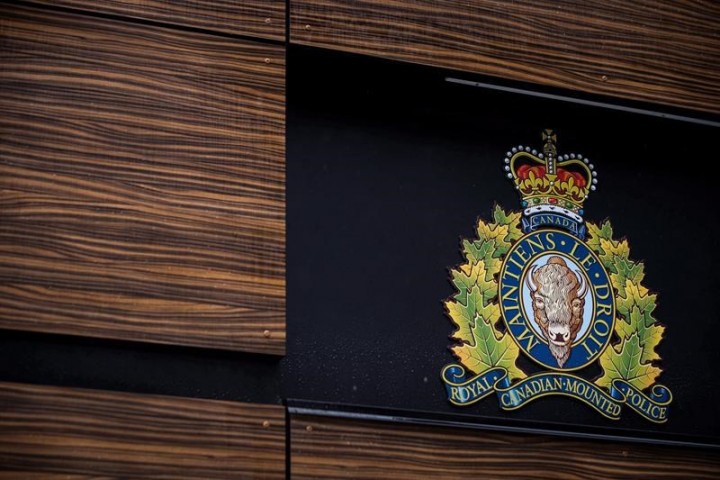YELLOWKNIFE — RCMP in the Northwest Territories have begun using roadside cannabis-screening technology that has faced criticism from defence lawyers elsewhere in Canada.
Mounties in the territory announced late last month that they had deployed devices designed to take a saliva sample and test for the presence of tetrahydrocannabinol, also known as THC, the main psychoactive substance in cannabis. They said the technology would help them detect impaired drivers and make roads safer.
But some criminal defence lawyers have raised concerns about these devices’ ability to deliver reliable test results, particularly in cold temperatures. They argue the technology isn’t effective at determining whether someone is impaired.
“It can lead to people being arrested who are actually innocent,” said Kyla Lee, a lawyer based in Vancouver.
Lee said research has shown the devices may be more likely to deliver false results in extreme cold temperatures, and movement during analysis could also affect outcomes. She added that while the devices can deliver either a positive or negative test result, they do not indicate how much THC may be in a person’s bloodstream.
Lee recently represented a Nova Scotia woman in a constitutional challenge of the law that allows for roadside drug testing technology in Canada.
Michelle Gray, who uses cannabis for multiple sclerosis, had her car impounded and her licence suspended for a week after she failed a cannabis saliva test at a roadside checkpoint in 2019, even though she passed a sobriety test that same night.
“The technology just doesn’t exist yet to allow police to make a determination of impairment via drugs using physical equipment,” Lee said.
Lee is awaiting a decision on the constitutional challenge in Nova Scotia. She said she expects there will be further court challenges in other Canadian jurisdictions where these devices are used, including the Northwest Territories.
There are two devices approved for roadside cannabis screening in Canada: the Drager DrugTest 5000 and the Abbott SoToxa mobile test system. The companies that manufacture the devices recommend they be used in temperatures no lower than 4 C and 5 C, respectively.
Cpl. Andree Sieber of the Regina Police Service, which began using roadside devices to detect cannabis use in early 2020, said officers bring drivers to their vehicles for testing to prevent issues with weather conditions or temperatures.
“We’ve used it throughout all seasons here in Regina,” she said. “We have very cold winters and some pretty nasty, snowy cold days and you have the person attend back to your vehicle with you where it’s heated and it’s not an issue.”
Sieber said the more THC a person has consumed, the more likely they are to show signs of impairment and to test positive.
The RCMP said roadside screening devices are just one tool they use to detect and investigate drug-impaired drivers alongside officers’ observations. They said field sobriety testing and drug recognition experts remain the primary enforcement tools.
“Police officers rely on what they see and hear, as well as what they smell when investigating impaired drivers,” the RCMP said in a written statement. “Regardless of how a drug is consumed, there are signs of that consumption and police are trained to recognized them.”
This report by The Canadian Press was first published Aug. 13, 2022.
This story was produced with the financial assistance of the Meta and Canadian Press News Fellowship.
Emily Blake, The Canadian Press
